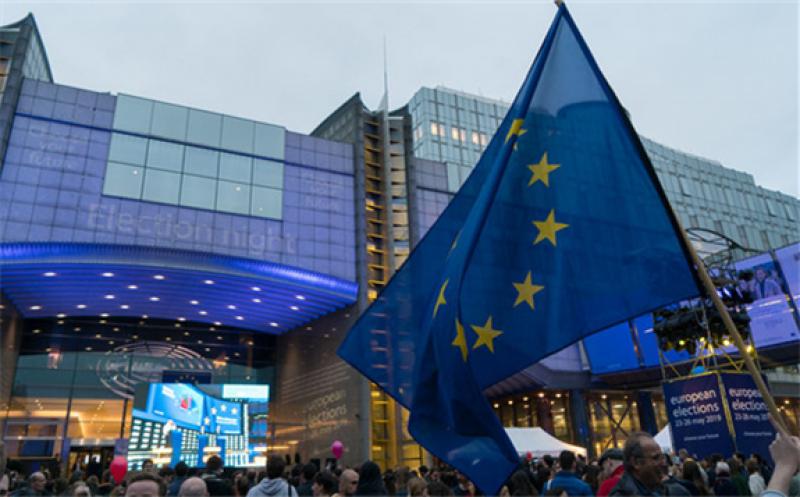
EU urged to step up ambition on slashing greenhouse gas emissions as key climate meetings loom
The European Parliament has today declared an environment and climate emergency, ahead of next week's UN climate talks in Madrid, COP25.
A resolution was adopted by the Parliament with 429 votes in favour to 225 against, with 19 abstentions. It states that current EU climate targets are not in line with the 2015 Paris climate agreement, which says that warming should be kept "well below" 2C above pre-industrial levels, while aiming for only a 1.5C rise.
It also reconfirms the Parliament's long-standing call to increase the EU's 2030 emissions reduction target from 40 per cent to 55 per cent. This target has been backed by members of the European Corporate Leaders Group (CLG Europe), including Unilever and Coca Cola.
The parliament's resolution comes just ahead of several key dates for European climate policy. New European Commission president Ursula von der Leyen takes office on December 1, and has promised a "European green deal" in her first 100 days in office.
During the European Council meeting on December 12-13, EU heads of state and government are set to discuss a target to make the EU net zero by 2050, which would allow it to announce the boost in its ambition before the end of a key UN summit in Madrid next month.
However, Greenpeace has called for tougher action, arguing that a 55 per cent cut in emissions by 2030 would still allow for 3C of warming. Instead, it says the EU should commit to a reduction of at least 65 per cent by 2030 compared to 1990 levels, and to achieve net-zero emissions by 2040.
As the US withdraws from the Paris Agreement, countries such as China and India are unlikely to move unless the EU agrees to strengthen its 2030 target, Greenpeace added. Although the vast majority of governments support the Commission's proposed target of net-zero emissions by 2050, continued opposition from Poland, Hungary and the Czech Republic has so far prevented an agreement, according to Greenpeace. of applications this new understanding of the iron-iron hydrogenase enzyme will lead to, but the research could provide an assembly kit that will be instructive to other catalyst design projects.
"The take-away from this study is that it is one thing to envision using the real enzyme to produce hydrogen gas, but it is far more powerful to understand its makeup well enough to able to reproduce it for use in the lab," Rauchfuss said.
Researchers from the Oregon Health and Science University also contributed to this study.
The National Institutes of Health supported this study.